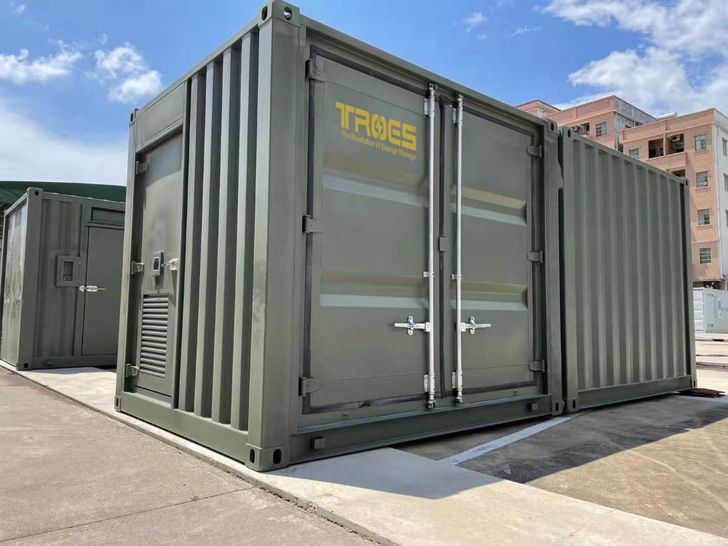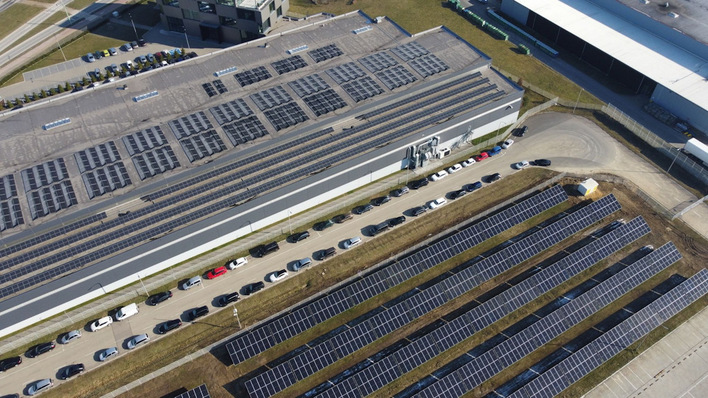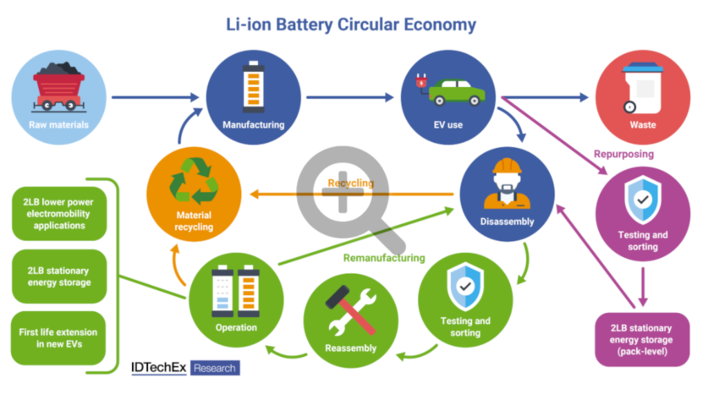Energy storage systems are often implemented in areas with high electricity rates, unstable power supply, significant time differences in utility rates, surplus solar energy production, or a dependence on diesel power. Despite New Brunswick having some of the lowest electricity rates in Atlantic Canada and no peak pricing or high time-of-use prices, the Province is preparing for the future by implementing Battery Energy Storage Systems (BESS). With the adoption of electric vehicles and electrification from other industries, the demand for electricity is expected to increase.
To address this challenge, BESS is seen as a future-proofing strategy to ensure that the Province has a reliable energy supply. Additionally, NB Power is exploring innovative solutions to tackle potential peak demand challenges caused by winter routines that create system peaks, such as those arising from daily routines during the wintertime that create system peaks between 6 to 9 a.m. and 4 to 8 p.m., as well as aging infrastructure issues, while also aiming to decarbonize the grid.
Several initiatives and investments
New Brunswick has taken steps to prepare for future electrification through several initiatives and investments. Firstly, the province has set a target to achieve 40% renewable energy generation by 2020, in the 2020-2021 fiscal year, 51% of power sold in the province came from renewable sources. This trend is expected to drive the adoption of electric vehicles and the need for more electric vehicle charging infrastructure further.
Secondly, NB Power, the provincial utility, has implemented a net metering program to encourage the installation of solar photovoltaic systems. This program allows customers to generate their own electricity and sell excess power back to the grid, which can incentivize the adoption of solar energy and Battery Energy Storage Systems (BESS). Thirdly, NB Power has invested in smart grid technology and energy storage systems to improve the reliability and stability of the grid.
Atlantic Smart Grid program
Under this scenario, the Atlantic Smart Grid program was established to enhance the efficiency and reliability of the electricity grid in the Atlantic provinces of Canada, beyond New Brunswick, this program also includes Nova Scotia, Prince Edward Island, and Newfoundland and Labrador. The initiative was funded by the Canadian government and carried out through collaboration with industry partners, academic institutions, and utilities. The program aimed to test and demonstrate innovative technologies, such as advanced grid management systems, renewable energy integration, and energy storage solutions, with the objective of modernizing the grid and making it more sustainable.
Read more about the energy transition in Canada: Goldbeck Solar moves forward with community solar farms
Energy storage system provider Troes has been selected as a key technology supplier for a ground-breaking project aimed at showcasing the benefits of integrating renewable energy sources into the energy mix. The company was chosen as a commercial and Industrial battery energy storage vendor for two government buildings, which will house 20-foot and 10-foot container designs respectively. The company offers modular BESS systems with the possibility to customize the size to suit the unique energy demands of any facility.
Did you miss that? BESS: worth the hype?
Ambitious plans
Battery energy storage application becomes more and more important to the New Brunswick decarbonization environment. In February 2023, NB power launched a plan for the production of up 220 megawatts of electricity from renewable resources and up to 50 megawatts of energy storage. The generation, if cost-effective, will be added to the NB Power system, with the expectation to be in operation by July 2027. (hcn)









